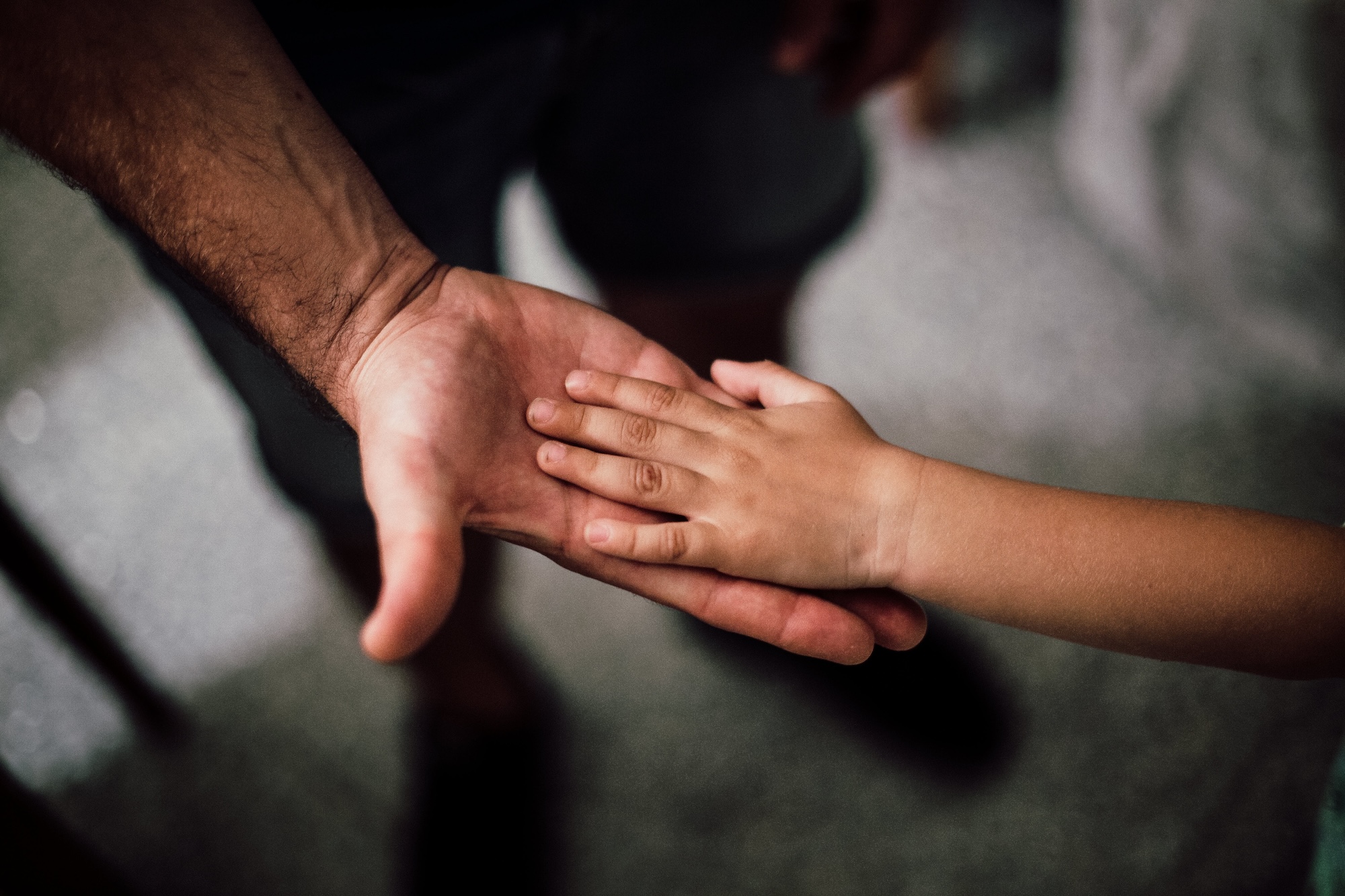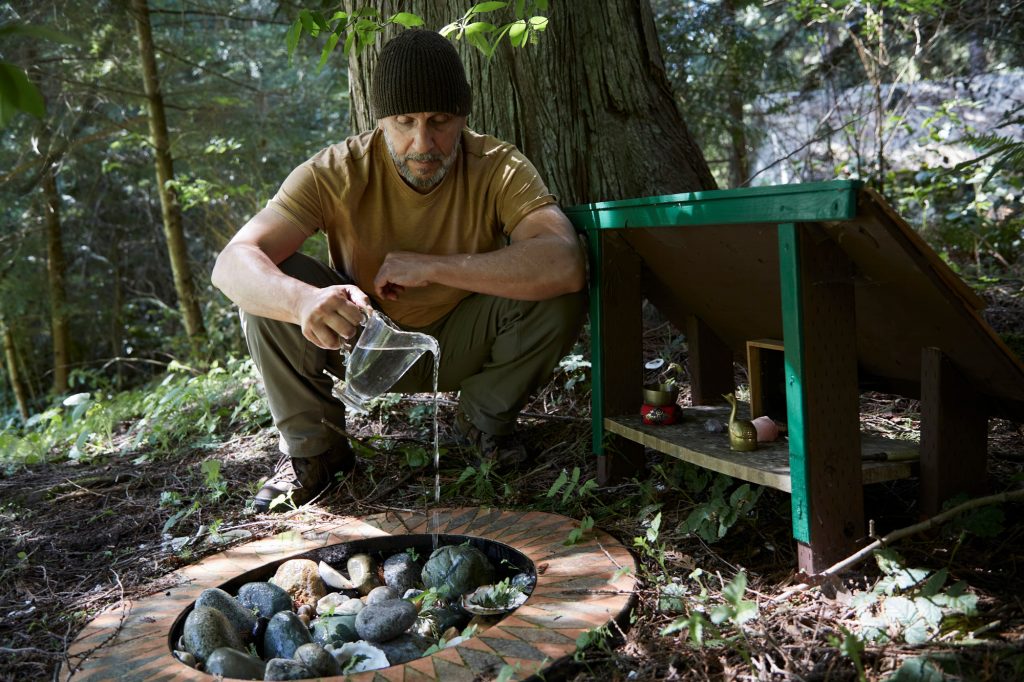
In fourth grade, my son lied to his teacher about a class project. She called to tell me so I could handle it as I saw fit, so I could father my son.
I spoke to my then 10-year-old and told him about trust, integrity and the importance of our relationship. It was a good talk. We both cried. Confronting him was emotional for both of us. For me, my father died when I was nine so I was aware of fathering my son in a way that I had never experienced. For my boy, just seeing dad cry was probably enough to overwhelm his young heart.
But I wanted to make an even greater impression. So I enrolled the assistance of a close family friend. He talked about lying, betrayal, trust and how those issues had affected him in his life. He talked about being the best man he can be and what he needs in other men to have trusting relationships with them. It was a powerful, intimate and learning experience for all three of us.
Thanks to the support of many men over the years, I learned that to best father my son, I needed the help of other men. I needed experiences, wisdom and perspectives other than my own. And I learned that asking and receiving that help brought no shame. Rather, it helped everyone involved. In this country, men used to have these opportunities on a daily basis.
It was only a few generations ago that fathering looked vastly different than today. Prior to the industrial revolution, men worked near their homes, in their communities and on their farms. The men raised the boys, taught them a trade and, as a community—with uncles, brothers, grandfathers and friends—mentored the boys to become men. If a father was not healthy emotionally or physically, the other men filled the void. They did what was needed to be done for the boys and for their community.
What has changed? Men go off to the office. They work hard. The boys are primarily raised by their mothers, the best of whom are incapable of fathering. The men are isolated and convinced that they alone must father their sons to be good men. But they are not sure what it means to be a man these days. It is not clear to them. They did not have the strong role models of generations ago. And if they are lacking, so too will their sons because asking for help has become taboo for our men.
So where do the boys turn to get answers to their often unspoken questions? Television, music, pop culture, their friends? And what do our fathers do with their frustrations of feeling “less than” as dads? How do they deal with the overwhelming pressures of trying to win in the work place while battling their fears and doubts about being a good and successful man? Although there is help for these men—these regular good guys who are doing their best for their families—most will not seek it out.
So they bottle up and quash their feelings. Then out comes the anger, the depression, the medication and substance abuse, the physical abuse, the myriad addictions, and the pain from damaged and broken relationships.
Men, we need to do a better job of taking care of ourselves so we can be the fathers we want to be. It is time to put aside the ego and to open our hearts and our minds to other good men, men who have also made a commitment to be the best men, husbands and fathers they can be.
All across the country, men are gathering in groups, with mens life coaches and at retreats. They are mentoring each other and fathering one another. These men are going home better men, more patient, more compassionate and more loving to their sons—and to their daughters and wives.
And their women, who have witnessed the pain their men have been in for years, are supporting their men and encouraging them to maintain these strong relationships. They see the benefit for their men, themselves and their children.
So families, what does dad need? Let him know you support him to do whatever it takes to be the best father and husband he can be, whatever it takes to be the happiest man he can be. Let him know there is no shame in asking for help.
Men, reach out to a dad in need. Suggest a good, honest talk over a cup of coffee. Risk rejection and getting your feelings hurt. Reveal who you are to a buddy and let him know you care about him and you are willing to stand by him as he makes the changes he so wants to make to honor his commitment to his family and to his own health.
Dads, you can help your sons to be confident, masculine, and successful men by committing now to teach your boys to trust and to honor the counsel of other men. And to do that, dads, you need to be a role model.
So men, reach out to other men and develop trusting relationships, asking for the help we need to be the best fathers we can be. That way, our boys will grow to be men who know how to care for themselves and genuinely care for others.
It truly does take a community to raise our boys. But it takes you, dad, to build that community and to bring it home to your sons.
My son is now 33. He has yet to forget that important day with the men. And if I continue to do my job, he never will.
Latest posts by Wayne Levine (see all)
- Emotional Safety in Relationships: What It Is & How to Truly Feel Safe - September 10, 2025
- How to Manage Anger and Release Negative Energy - August 26, 2025
- Journey to Inner Peace: Letting Go of Anger and Reaching Out for Help - August 8, 2025


